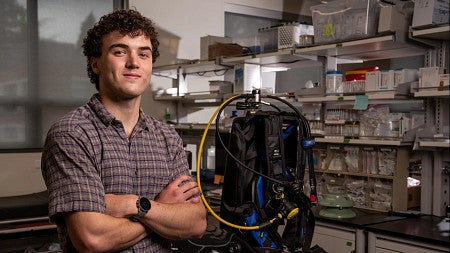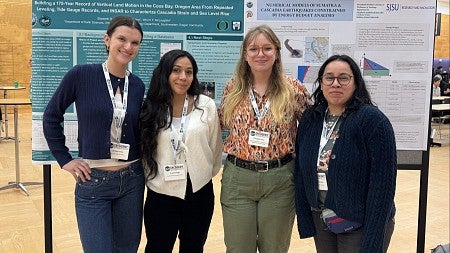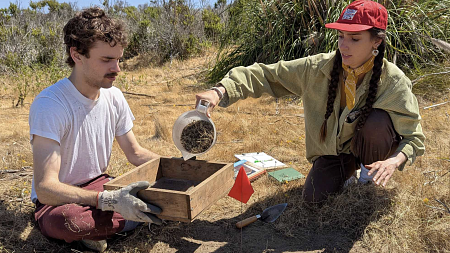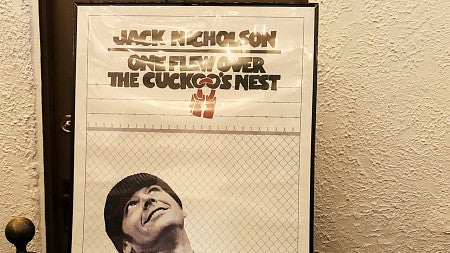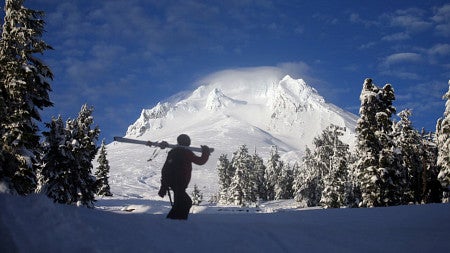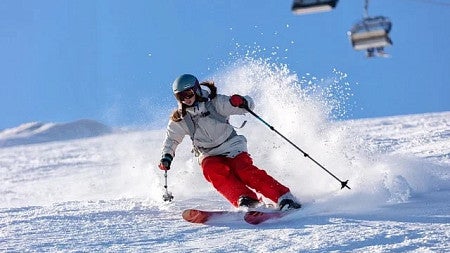
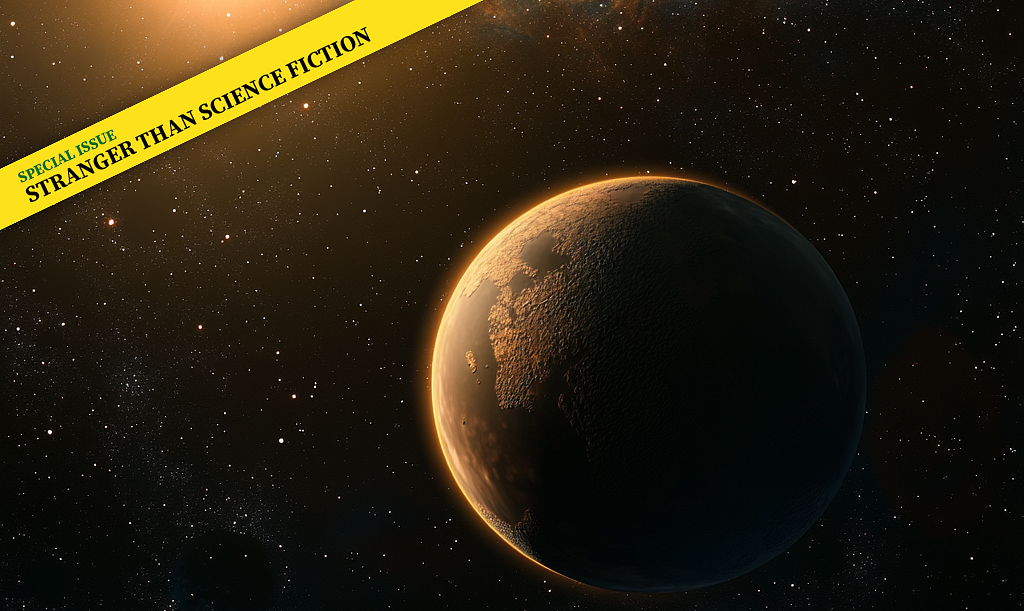
Strange New Worlds
Could life exist elsewhere in the Milky Way galaxy? A group of undergraduate planet hunters are helping NASA discover unknown worlds beyond our solar system.
By Nicole Krueger
Experiential Learning | Research & Innovation | Community Impact | Career Preparation | Teaching Excellence | 21st Century Liberal Arts | Building Community | Good Vibes | CAS Spotlights | All Stories | Past Issues
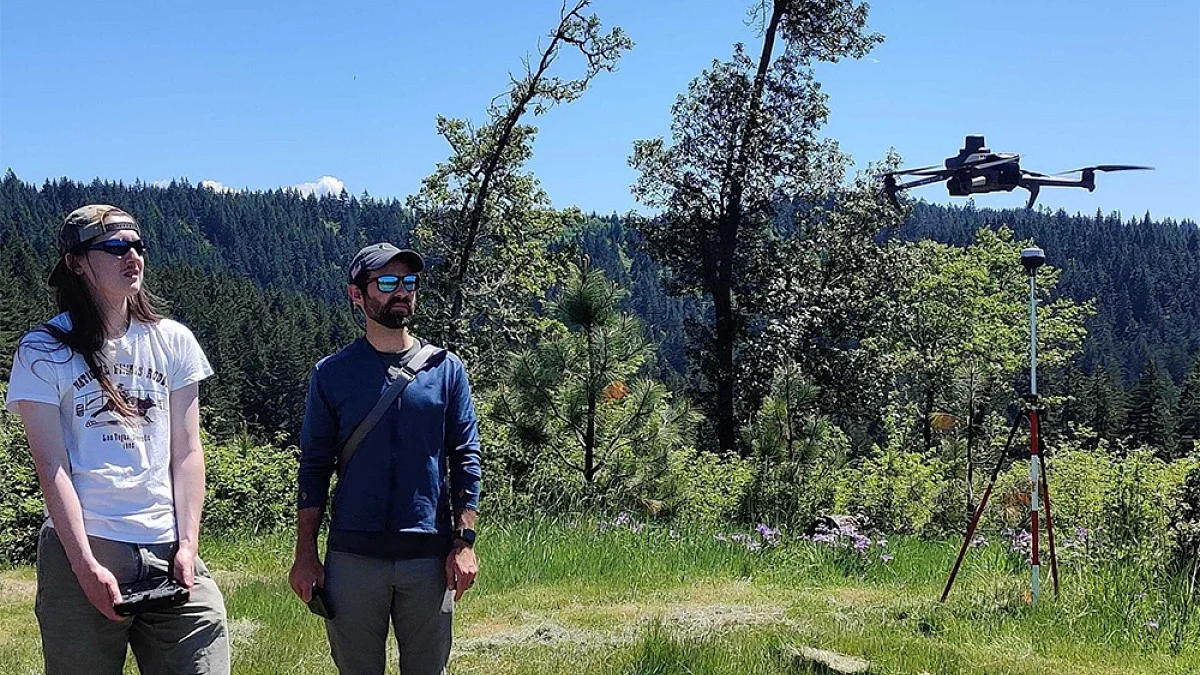
Up, Up and Away
Are flying robots taking over? Not in this geography class, where students learn how to control the drones that will help map our future.
By Henry Houston
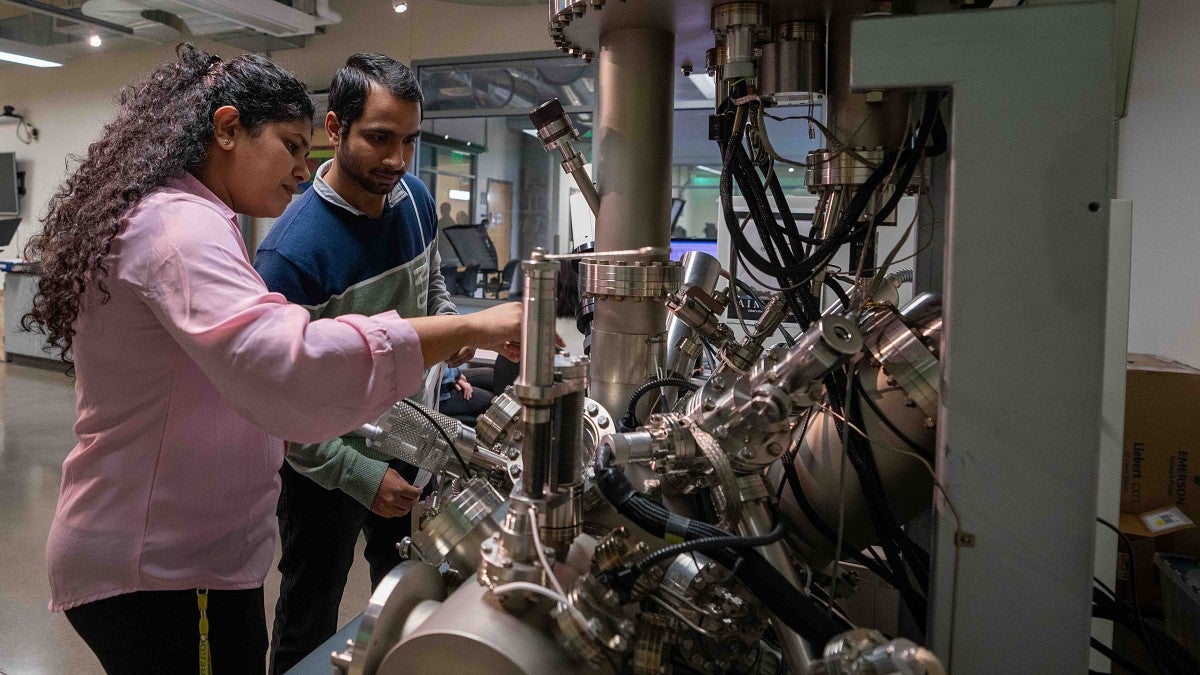
Tiny Invisible Universes
In UO’s materials characterization labs, researchers are pushing the boundaries of what can be observed through a microscope.
By Nicole Krueger

Learning from
Aliens
Professor Phil Scher uses science fiction and alien cultures to teach anthropology—and to challenge assumptions about humanity.
By Jenny Brooks
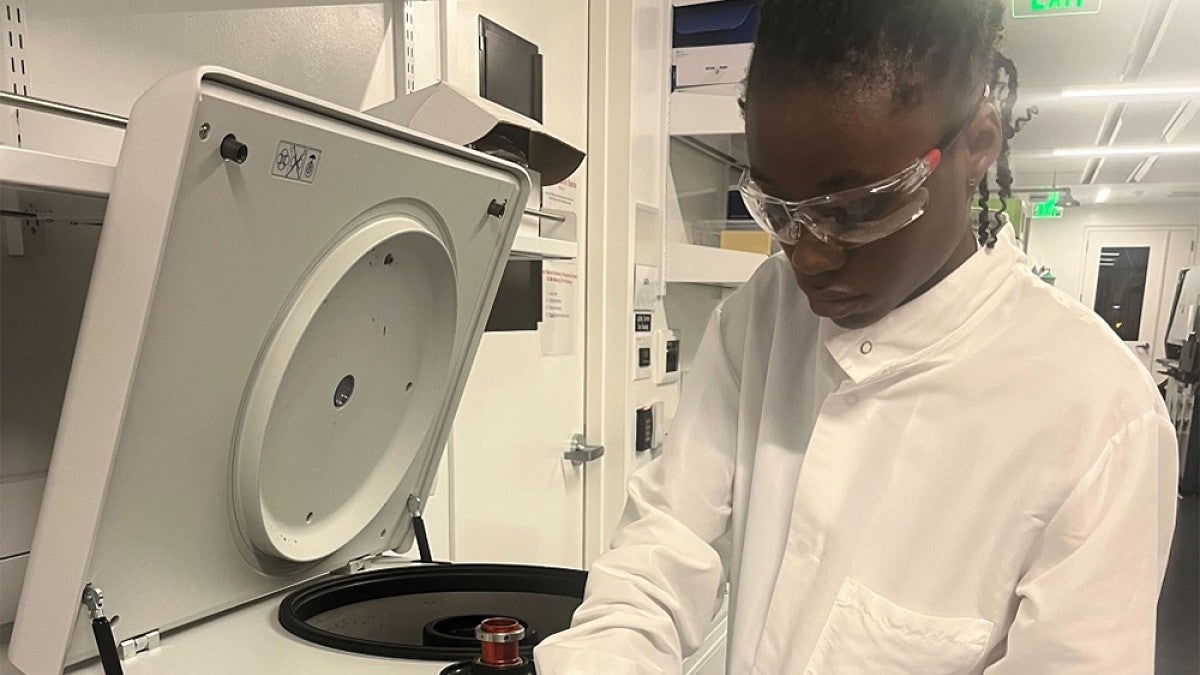
Engineering the Future
Could engineered bacteria be the answer to antibiotic resistance? Undergrad researcher Favour Foday is working on it.
By Grace Connolly
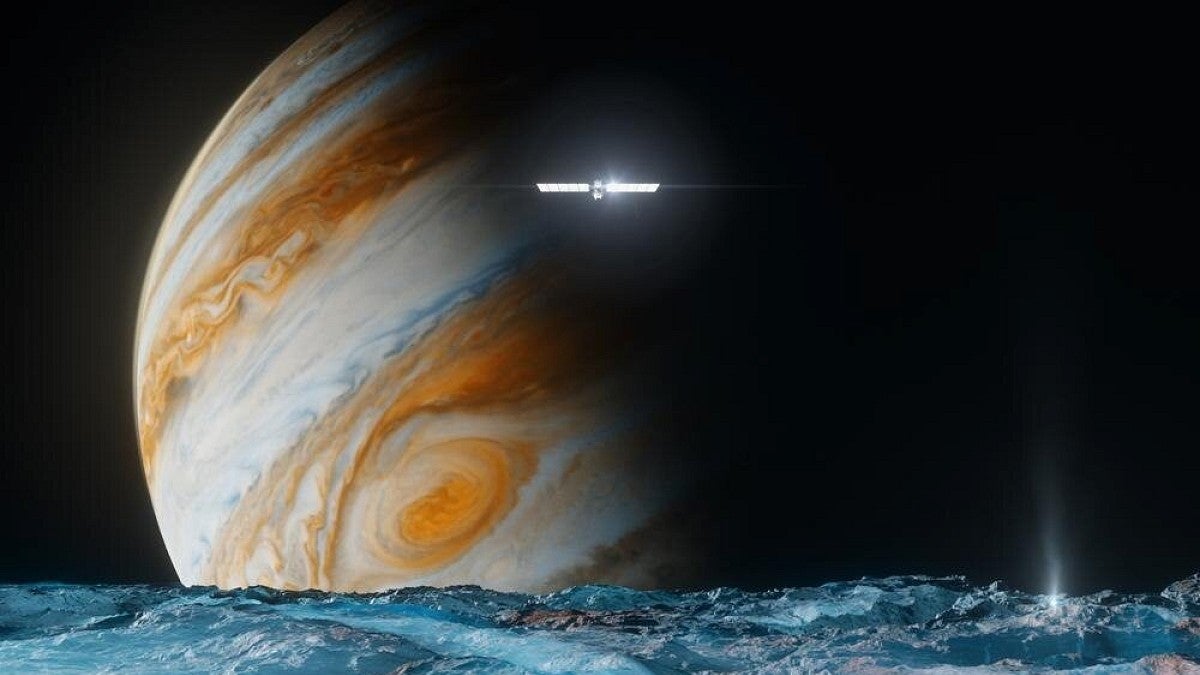
A Journey to Jupiter’s Moon
Is there a habitable environment beneath the moon Europa’s icy crust? CAS Professor Carol Paty is helping NASA find out.
By Nicole Krueger
Learn Today, Change Tomorrow
Research and scholarship in the College of Arts and Sciences are so forward-thinking at times, they almost feel like science fiction. That’s what real innovation looks like—and our undergraduate students are getting in on the action through experiential learning opportunities that prepare them for cutting-edge careers.
Discover what Dean Chris Poulsen has to say about how experiential learning propelled him toward a career as a climate scientist.
CAS News
All news »
From the Media
Connect with Us
CAS Connection is produced by the CAS Communications Department and edited by Nicole Krueger.
Got something to say? Send us your story ideas or contact us at CASConnection@uoregon.edu.
We know you don’t want to miss a single moment of CAS greatness. Stay plugged into the #CASCommunity by following us on your favorite channels.
|
|
|
|
|
|---|

